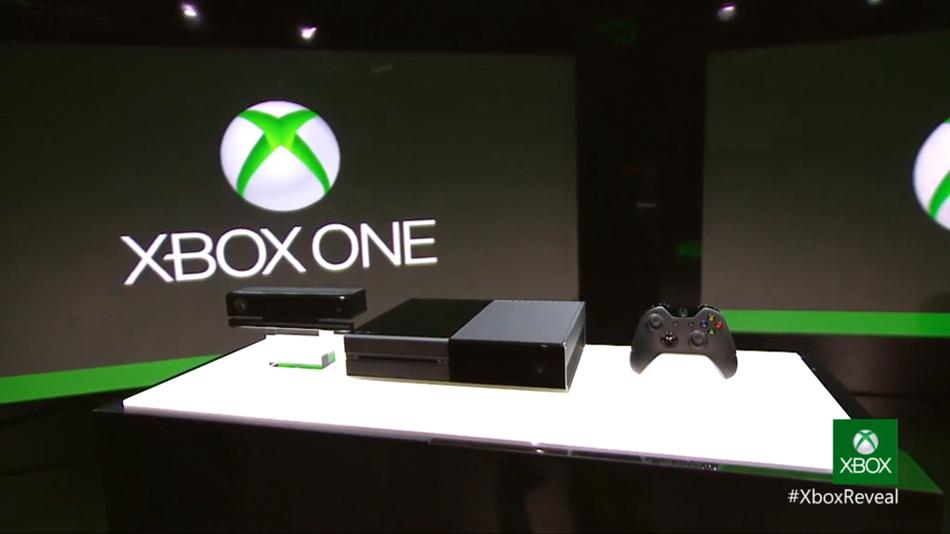One of the big drawbacks for the Xbox One and PlayStation 4 has seemed to be that neither console has any intentions of playing your last generation’s games right off of the disc like you’d wish. Sony has a plan involving streaming of some sort with their Gaikai service, but nothing about it is clear. What is clear for Sony’s PlayStation 4 is that you will not be able to play games that you purchased on a retail disc or downloaded through the PlayStation Network. The same can be said for the Xbox One, although Microsoft was very much more forthcoming in saying that the system cannot support it due to different architecture and they have no plans on making it happen. It might be time for this to become a non-issue, something for a wishlist only.
For both consoles what it means is probably what we see on the current generation of consoles; downloadable games from the last generation of consoles that you’ll have to repurchase as “classics,” or sold in a “collection” on a disc at retail. Understandably, many gamers are incredibly upset by this turn of events, as we all sort of got spoiled by the PlayStation 2 coming out with support for original PlayStation titles out of the box, including the ability to do some texture smoothing on top of that. It meant that gamers could retire their PlayStation (PSX) or to those who never had one, they could purchase games from the last generation and enjoy them on their PlayStation 2.
The Xbox 360 did the same for Xbox titles, although it did feel a bit clunky at times. The PlayStation 3 did the same as the PlayStation 2, as in it played PlayStation titles, but due to technological issues, did not play PlayStation 2 titles. Well, some early models did, but due to having to have a PlayStation 2 chipset included, they ran for a bit more than most other PS3 models, which made them a bit unattractive to the public.
In the week since the Xbox One reveal we’ve seen a lot of upset gamers at the Xbox One not being backwards compatible, talking about instead how the PlayStation 4 will get their business, even if their stance on backwards compatibility is unsure. The truth of that matter is that the PlayStation 3 did exactly what the Xbox One and what the PlayStation 4 probably will do, which is to say not play the last generation’s titles. If it means paying less for the hardware and not playing older games, it might be a bit of a trade off, but most gamers who are upset about not being able to play their older games already have these older consoles, anyway.
In a perfect world each console would be an all-in-one solution; you’d buy it and it would play everything under that brand’s history. Sadly, due to costs, we might not see this in any future console. Never mind that publishers and developers make more money by reselling games in collections or as downloadable “classics.”
Backwards compatibility is something that sadly, we as gamers, will have to live without for the time being. That or buy your games on the PC where they will probably work going forward, or someone will at least patch it to do so. Backwards Compatibility is simply the current fallacy used in arguments to show why one console is better than the other, when the reality is that we know one company’s stance, but not the other, yet. It’s time to let it go.
